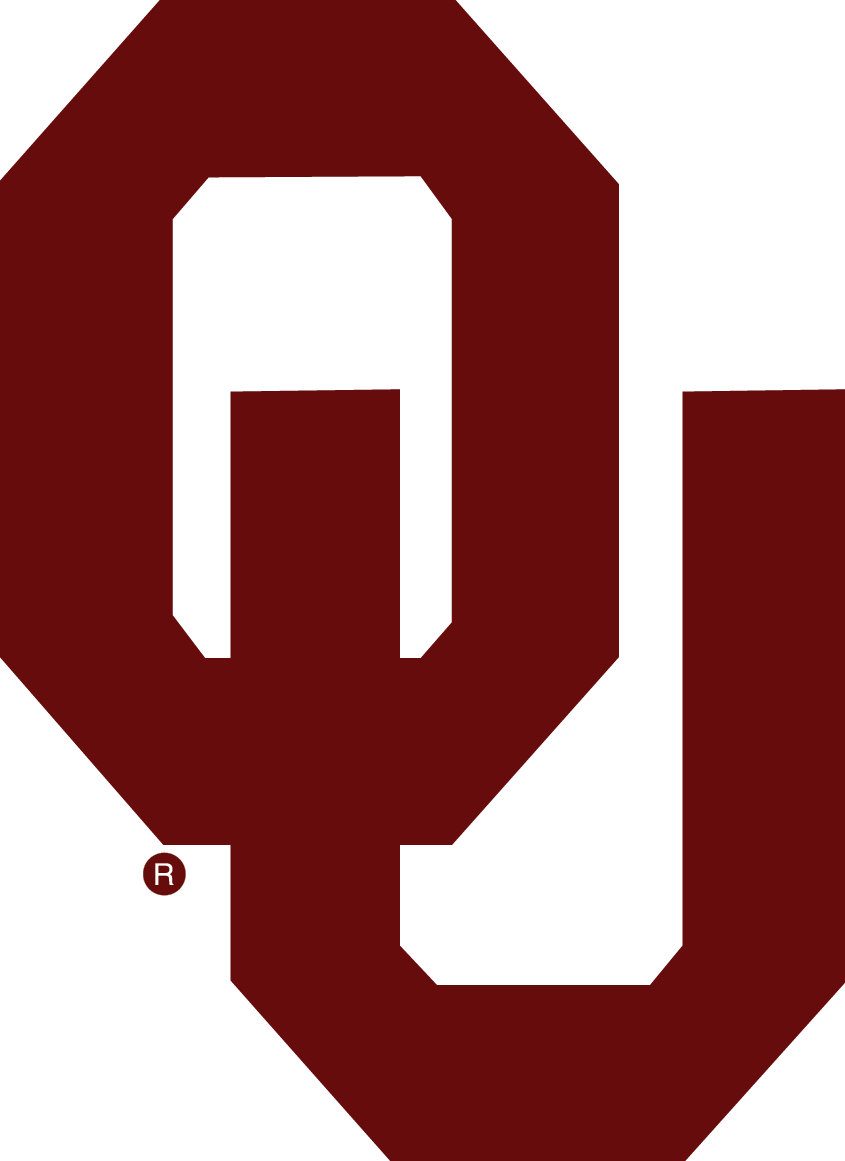A student may receive a Zerograde(s) in any course if the student demonstrates a deficiency in academic or clinical performance or a deficiency in completing essential competencies. Such deficiency in performance may also result in failure of a course, charges under the appropriate College or University policy, and/or dismissal from the program. The Zerograde Form, available on the MIRS Department website, communicates the specific deficiencies that may result in a Zerograde.
Zerogrades severely impact the student’s final course grade as follows:
For first year students in a letter grade course:
One Zerograde = reduction of final course grade by five percentage points and disciplinary action as specified in the student handbook may also be applicable in addition to the Zerograde.
Two Zerogrades = reduction of final course grade by ten percentage points and disciplinary action as specified in the student handbook may also be applicable in addition to the Zerograde.
Three Zerogrades = upon occurrence of a third Zerograde, reduction of final course grade by fifteen percentage points and disciplinary action as specified in the student handbook may also be applicable in addition to the Zerograde.
If a Zerograde brings the student’s grade below a “C” the student may be dismissed from the program.
For second year students in a letter grade course:
One Zerograde = Reduction of final course grade by one letter grade and disciplinary action as specified in the student handbook may also be applicable in addition to the Zerograde.
Two Zerogrades = Reduction of final course grade by two letter grades and disciplinary action as specified in the student handbook may also be applicable in addition to the Zerograde.
Three Zerogrades = Upon occurrence of a third Zerograde, reduction of final course grade by three letter grades and disciplinary action as specified in the student handbook may also be applicable in addition to the Zerograde.
If a Zerograde brings the student’s grade below a “C” the student may be dismissed from the program.
For any student in an S/U graded course:
One Zerograde = Final course grade will not be altered but Zerograde serves as a warning. Other disciplinary action as specified in the student handbook may also be applicable in addition to the Zerograde.
Two Zerograde = Reduction of final course grade to unsatisfactory is immediate and disciplinary action as specified in the student handbook may also be applicable in addition to the Zerograde.
In addition to the Zerograde policy, students may receive a Professional Concerns Report as outlined in the OUHSC Student Handbook.

